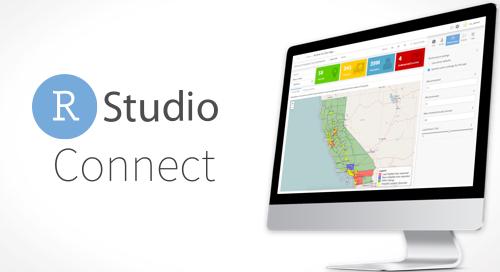

This course is intended for junior doctors and allied health professionals (including nurses, optometrists, health technicians) who work clinically and are keen to learn how to use data for academic work, particularly involving Big Data and Artificial Intelligence. What are functions, objects, and packages?Ĭreating figures for publication (ggplot2) The course sections are as follows: Introduction to R Once you have purchased this course you will be enrolled manually and receive instructions explaining how to access it. The Q&A session will be repeated on different dates throughout the year as people complete the course. This is an online course which includes an estimated 16 hours of self-paced learning with a live live evening Q&A session with the contributors to conclude. You can hear more about this course and also the introductory course by watching the short video below:

It will also be of interest to anyone who already has an understanding of data science but wishes to develop their knowledge of R.Īdditional benefits from attending this course will include achieving independence in the use of the most powerful tool for data science which is the foundation for meaningful research involving data and artificial intelligence. This second course is aimed at for those wishing to further develop their skills on completion of the introductory course. Our introductory course provides delegates with hands on learning experience using tools and knowledge to make correct decisions in handling data, which will result in better quality of clinical research.

Course OverviewĬlinicians are confronted with data every day but often do not have the means or understanding of handling this data correctly. The course will provide intensive training on R, the most extensively used coding language for data science. This course has been created to build on the learning gained in our introductory course ‘ An Introduction to Data Science for Clinicians’.

Data science for clinicians: Intensive course in R


 0 kommentar(er)
0 kommentar(er)
